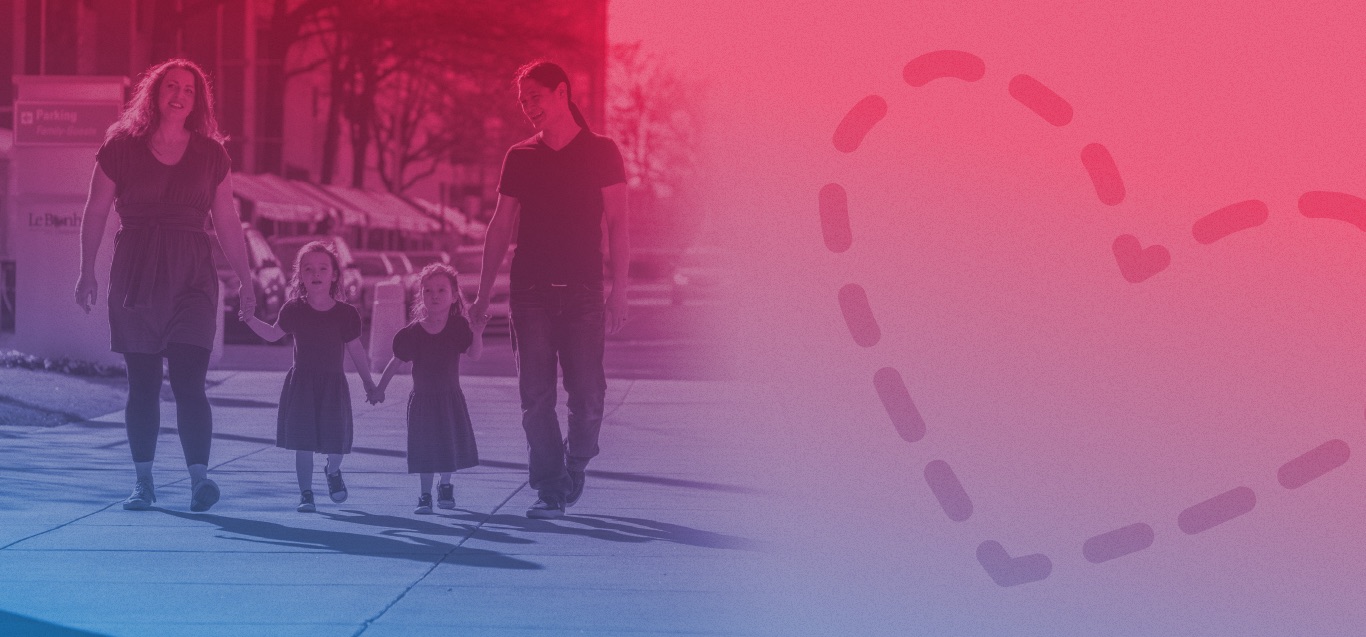
Food Allergies in Kids
Posted: July 07, 2011A recent study suggests food allergies are more common in kids than we may have thought. Christie Michael, MD, an allergy and immunology physician at Le Bonheur, tells parents what they need to know about food allergies below.
Signs and Symptoms
Allergy to food can develop at any age, even in adulthood. There are different ways an allergy may present - hives, swelling, itching, drop in blood pressure and wheezing - with the most dramatic symptom being anaphylaxis. Some patients may have only some of those symptoms. Usually the first symptom to present is itching and rash. Some people will vomit or have diarrhea, which is possibly the body's way of clearing out a food that can cause a reaction. Keep in mind the reaction to the food allergy can be immediate or delayed a few hours.
Treatment and Evaluation
If someone is having a slight reaction, maybe itching, then Benadryl (Diphenhydramine) should be given. If it is progressing or other symptoms, like throat tightness or wheezing, present, give epinephrine if you have it and call 911.
A specialist should evaluate your child if he or she has had a severe reaction. Usually first step in testing is blood work, which can determine which food caused the reaction. The patient should be taught to avoid that food and be given epinephrine (more commonly referred to as an Epi pen) to keep on hand.
Children with eczema are at higher risk for severe reactions to a food allergy. With eczema, it can be harder to recognize initial signs the allergy -- worsening of skin symptoms. If the allergy causes the eczema to worsen, strict avoidance of the food is recommended for at least one year. A specialist can help determine which foods he should or should not eat, while maintaining a balanced diet.



